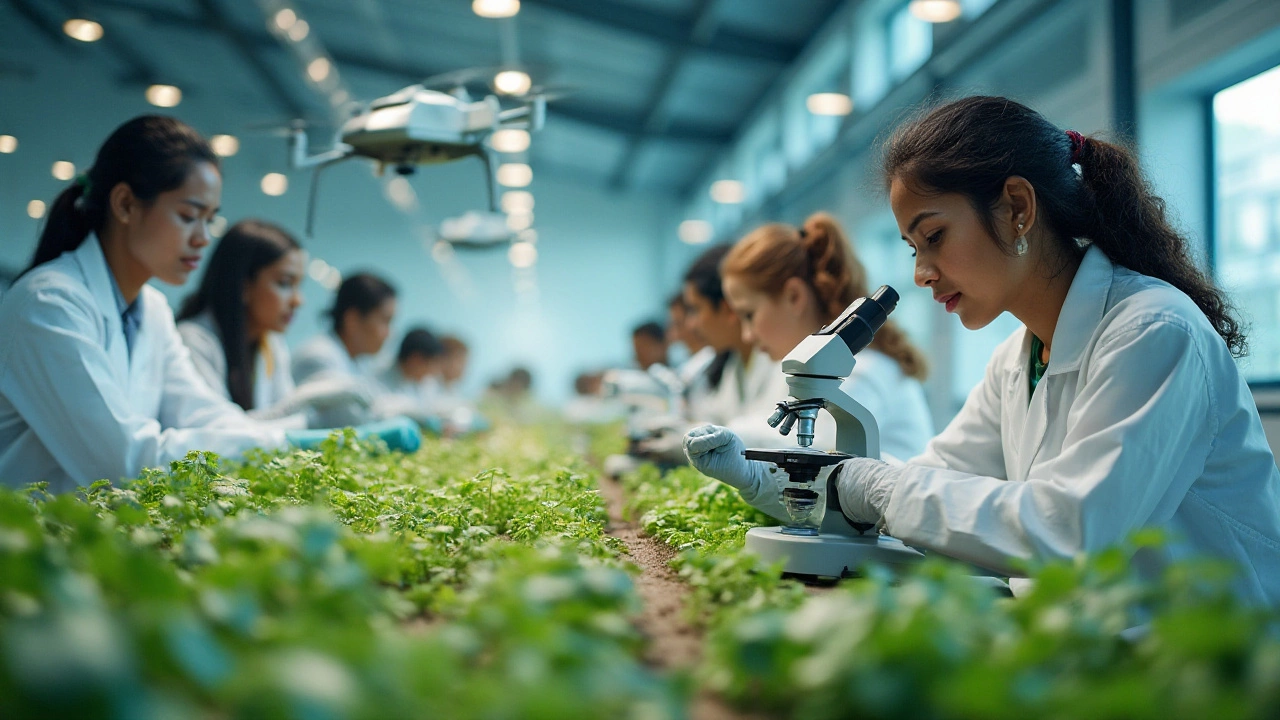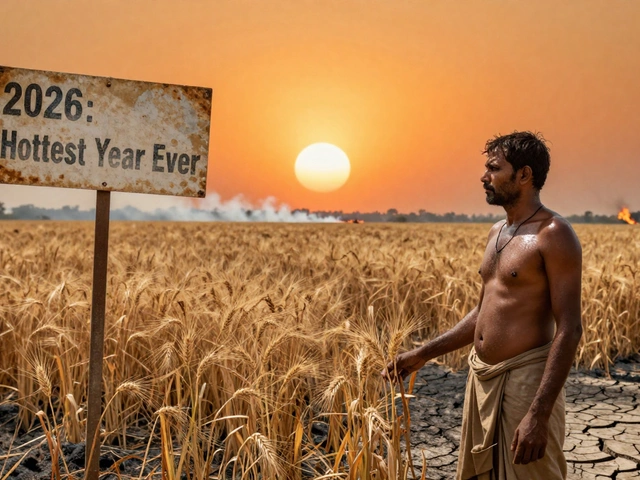Opportunities in STEM: Careers, Funding, and Real-World Impact in India
When you think of opportunities, real pathways for growth in science, technology, engineering, and math. Also known as STEM pathways, it means more than just jobs—it’s about funding, impact, and who gets to shape the future. In India, these opportunities aren’t just in labs or universities. They’re in rural health clinics using mobile tech, in solar farms powering villages, and in biotech startups editing genes to fight disease.
Many of these opportunities come from research funding, the money that turns ideas into real solutions. It doesn’t come from one source—scientists get paid through government grants, private companies, or institutional salaries. But it’s unstable. That’s why technology transfer, the process of moving discoveries from labs to markets. Also known as innovation commercialization, it’s critical. A breakthrough in gene editing or clean energy means nothing if no one can use it. That’s where transfer agents, the bridge between scientists and businesses. They handle patents, licenses, and partnerships so that a lab’s work becomes a product in the real world.
And these opportunities aren’t just for PhDs. Data scientists talk to nurses. Engineers work with farmers. Public health programs train community workers to run vaccination drives or clean water campaigns. Biotechnology, a field turning biology into solutions. Also known as bioinnovation, offers careers paying over ₹25 lakh a year in India—for people who know CRISPR, regulatory rules, or AI-driven drug design. Meanwhile, solar energy is growing faster than any other source, creating jobs in installation, maintenance, and storage. Wind power is the cleanest energy source, and renewable energy is now cheaper than coal. These aren’t future predictions. They’re today’s realities.
What makes these opportunities stick? Not just money. It’s collaboration—between labs and villages, between engineers and policymakers, between Indian researchers and global teams. Public health’s three core functions—assessment, policy, and assurance—show how systems work together to save lives. And innovation doesn’t happen in a vacuum. It needs the right mix of technology, market need, and organizational support.
Below, you’ll find real stories of people turning science into action. From how healthcare researchers survive the funding chaos, to what a transfer agent actually does, to why AI isn’t magic—it’s just logic. You’ll see how public health programs saved lives in India, how biotech salaries are rising, and why solar power is the fastest-growing energy source. These aren’t theoretical ideas. They’re the paths people are walking right now. Find yours.





